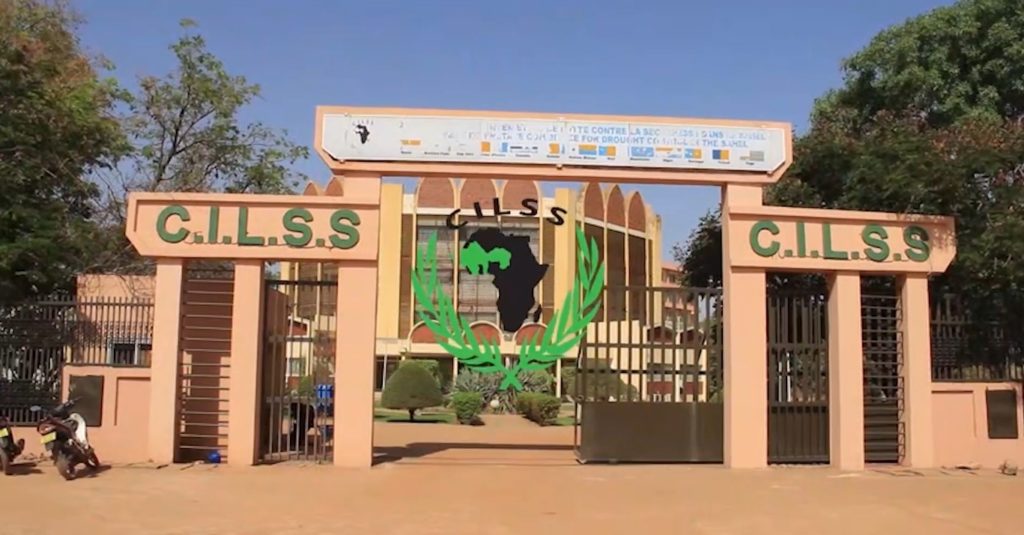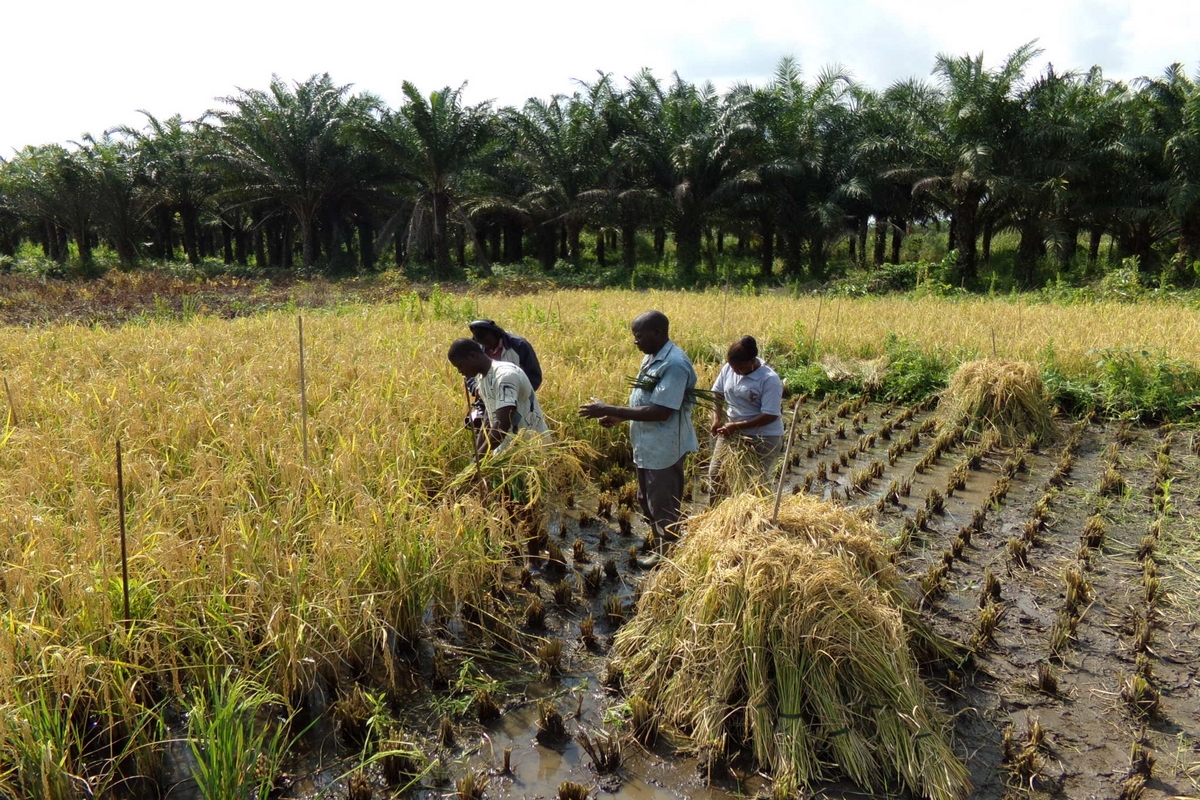ABOUT THE CILSS
 The Permanent Inter-State Committee for Drought Control in the Sahel was created on September 12, 1973, following the great drought in the Sahel during the 70s.
The Permanent Inter-State Committee for Drought Control in the Sahel was created on September 12, 1973, following the great drought in the Sahel during the 70s.The Permanent Inter-State Committee for Drought Control in the Sahel, established for the sake of active solidarity between peoples, is celebrating the fiftieth anniversary of its foundation this year. CILSS, born out of the farsightedness of its founding fathers in a spirit of active solidarity between peoples, is also celebrating its fiftieth anniversary of foundation this year
Today, is composed of thirteen member states: 8 coastal states (Benin, Côte d’Ivoire, Gambia, Guinea, Guinea-Bissau, Mauritania, Senegal, Togo); 4 landlocked states (Burkina Faso, Mali, Niger, Chad) and 1 island state (Cape Verde). Two states, Sudan and the Central African Republic, are waiting to join. Today, CILSS covers the whole of the ECOWAS area, Mauritania and Chad, i.e. 17 countries.
For half a century, the CILSS has strongly supported these states and the Sahelian and West African populations by setting up mechanisms, instruments, and tools that allow us to better understand and effectively cope with the sustainable development challenges in the region. These challenges include drought, adverse effects of climate change, the lack of control over water and energy, the dysfunction of the regional food processing industry market, food insecurity, population issues, and training
Thanks to the CILSS, with the support of technical and financial partners, the region will no longer be surprised by natural disasters such as floods and droughts. The celebration of this fiftieth anniversary, throughout the year 2023, will be marked by major events. It will be a significant moment of exchange, sharing, and communication to highlight the benefits and knowledge acquired by the institution in support of member states and their resilient populations
This celebration will also be an ideal context for the CILSS to make a high-level defense speech towards its technical and financial partners in order to enhance strategic partnership in preparation for the financing of its working plan for 2023-2027 arising from its 2050 vision for the achievement of its new mandate

